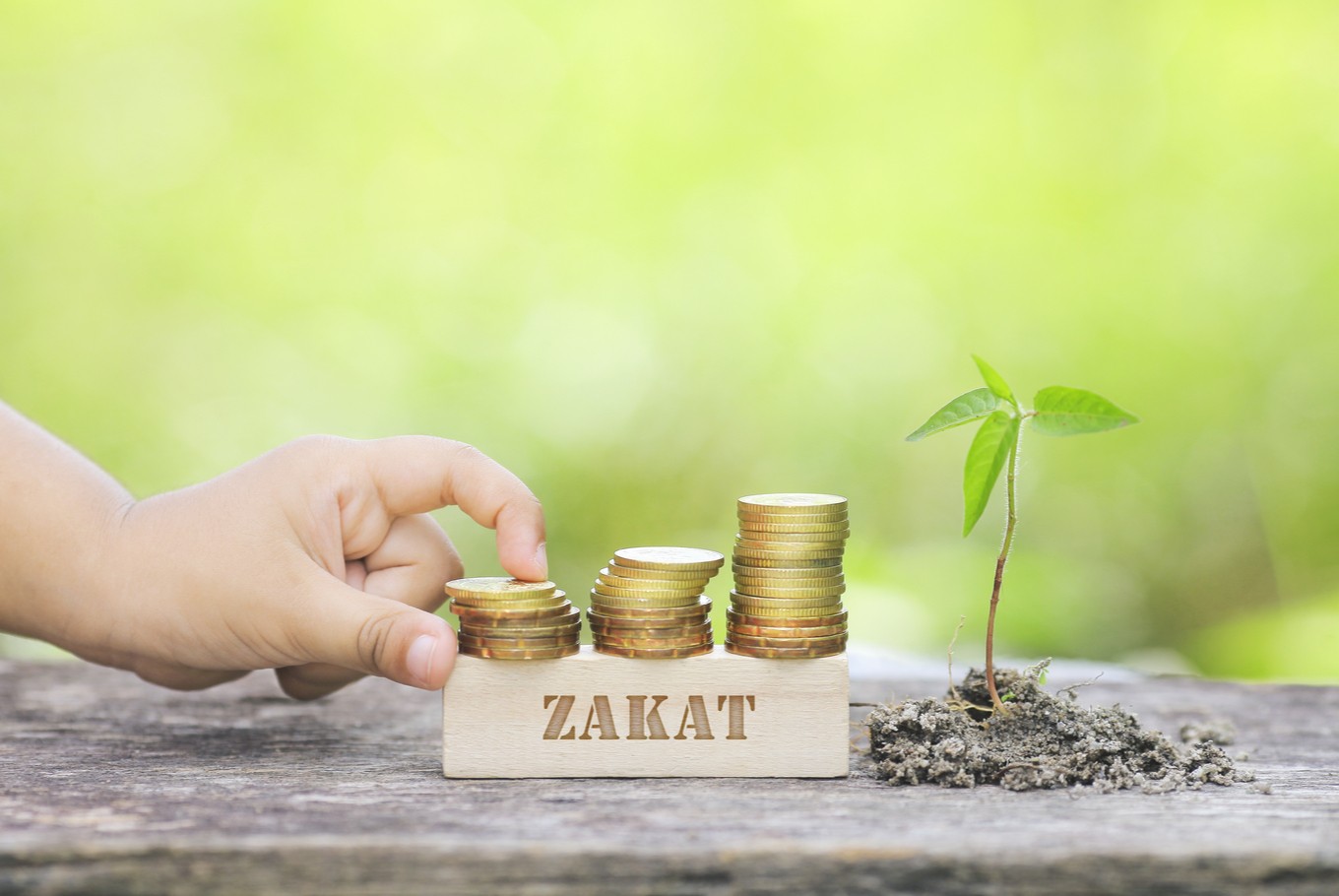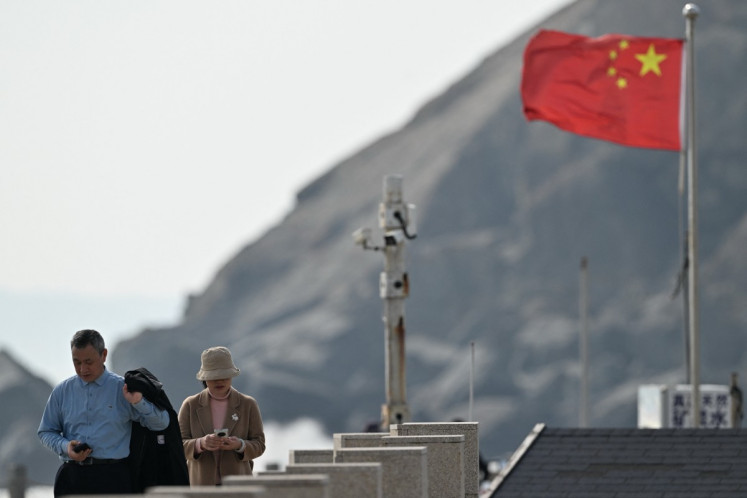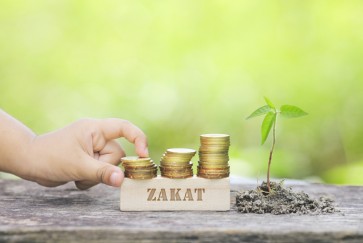Popular Reads
Top Results
Can't find what you're looking for?
View all search resultsPopular Reads
Top Results
Can't find what you're looking for?
View all search resultsHarmonizing tax and 'zakat'
Zakat has vast dimensions, ranging from faith, economic and social aspects. There are three main goals of zakat.
Change text size
Gift Premium Articles
to Anyone
I
slam is a comprehensive way of life. It is a set of religious beliefs and a way of worship, it is a vast and integrated system of laws, it is a culture and civilization, it is a code for social and family conduct and, finally, it governs economic and commercial norms. Islamic economics is based on moral values and it is analytically less rigorous.
One aspect of adopting the Islamic economic system is the achievement of socio-economic justice and the equitable distribution of wealth. Poverty has long been a serious problem and a great challenge for Indonesia.
According to the World Bank, 59 percent of Indonesians are considered poor, with an income of less than US$2 a day. Poverty encompasses social, economic and political deprivation. The poor lack basic necessities and are deprived of a life that people value. They have little or no participation in ordinary social and economic life.
Islam provides a novel concept of poverty and the poverty line, as implied in the concept of zakat, which is a charitable institution in the Islamic system of ethics. Zakat is the third basic pillar of Islam, which is built on five main pillars. Zakat has vast dimensions, ranging from faith, economic and social aspects. There are three main goals of zakat.


















